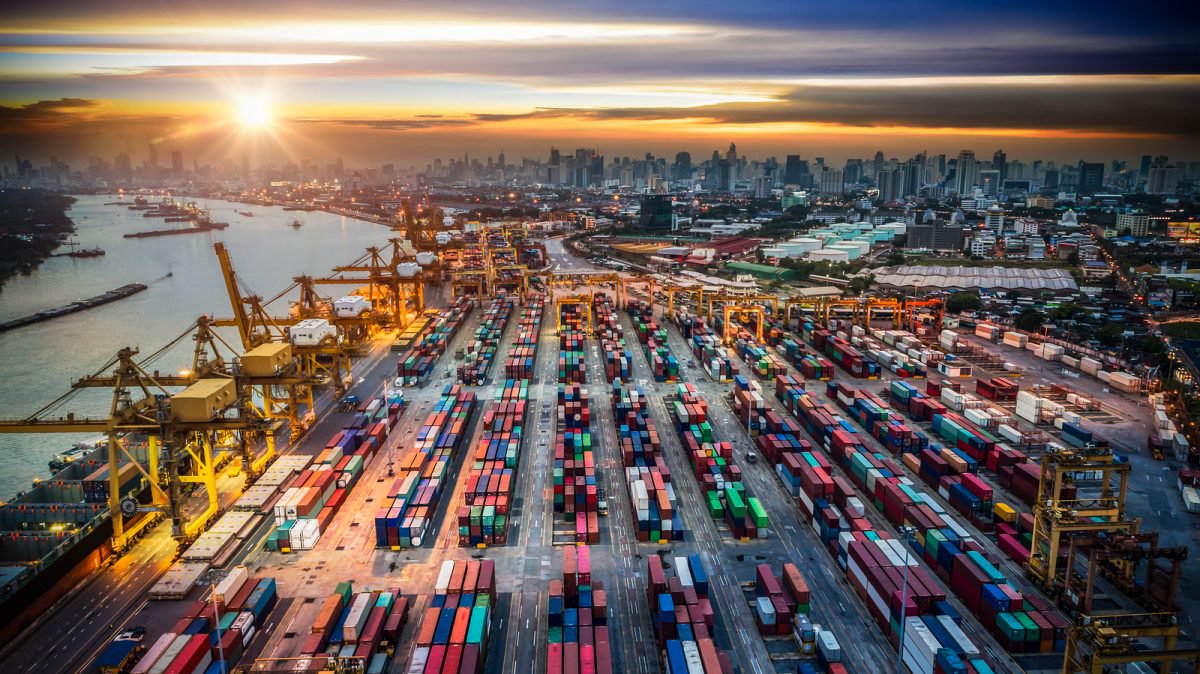Do you or your business import merchandise into the United States to sell, or for other commercial purposes? If so, you’ll need to get a customs bond. Read on to find out the four things you need to know when applying for customs bonds.
How Customs Bonds Work
A customs bond is one kind of commercial surety bond. More generally, a surety bond is an agreement between three parties: the principal who needs to post the bond, the obligee who the bond protects, and the surety, the agency that guarantees the principal can fulfill their obligation.
For customs bonds, the principal is the person or business importing goods. The obligee is the US Customs and Border Protection (CBP) and, by extension, the taxpayers. If you import goods, the CBP requires that you purchase a customs bond as an assurance that you will comply with all relevant laws and regulations, including those that require you to pay your duties, fees, and taxes on time.
If you fail to live up to that agreement, CBP can place a claim on the bond. The surety will reimburse the CBP for any losses should you be found liable. At that point, you will be obliged to pay back the surety.
There Are Two Types of Customs Bonds
The two types of customs bonds are single entry bonds for infrequent importers and continuous bonds for regular importers. How often you’ll be importing merchandise will determine which bond you need. If you’re planning to import often using more than one point of entry, a continuous bond will almost always be optimal.
How Much Customs Bonds Cost
How much customs bonds cost varies based on the value of the imported merchandise plus all duties, taxes, and fees associated with it. The CBP determines the final costs.
A single bond is usually equal to the value plus the associated costs; if the goods are somehow restricted, the cost can rise. The minimum continuous bond is typically the greater of $50,000 or ten percent of the total fees and taxes the importer paid in the prior 12 months.
When a Customs Bond is Required
Typically, a customs bond is required for anyone importing merchandise that is valued at more than $2,500 into the United States for commercial purposes. Customs bonds are also required for commodities subject to regulation by other federal agencies; examples include food, which is regulated by the Food and Drug Administration (FDA), and firearms, which are regulated by the Bureau of Alcohol, Tobacco, Firearms, and Explosives (ATF).
Have questions about customs bonds? The skilled professionals at Viking Bond Service are here to help. Contact the team today at 888-278-7389 to find out more or start your application online.


